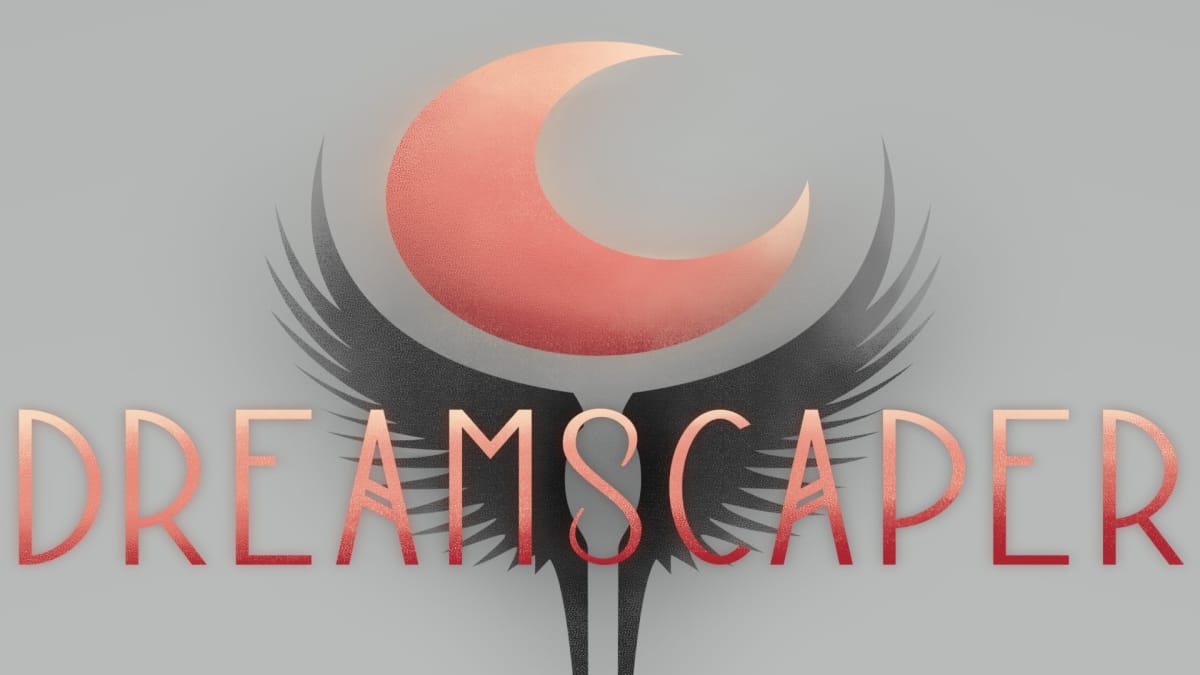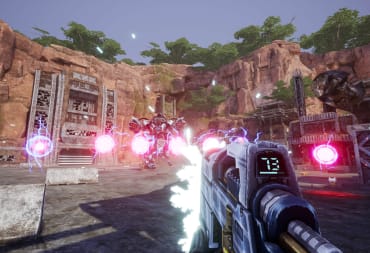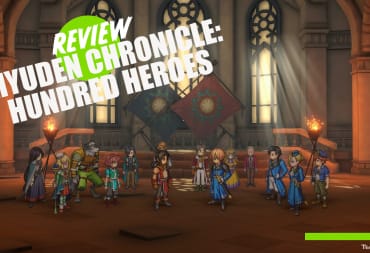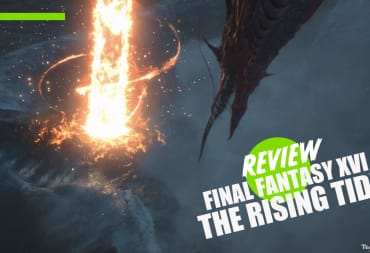Dreamscaper marks a continuation of narrative-driven roguelikes. For a long time, conventional wisdom stated that this subgenre always held its core gameplay ahead of any coherent thematic or emotional connections, something that has been seriously challenged in the aftermath of the critical acclaim of Hades last year. But Afterburner Studios goes in a slightly different direction with their project, creating a more low-key contemplative experience while still focusing on core fundamentals.
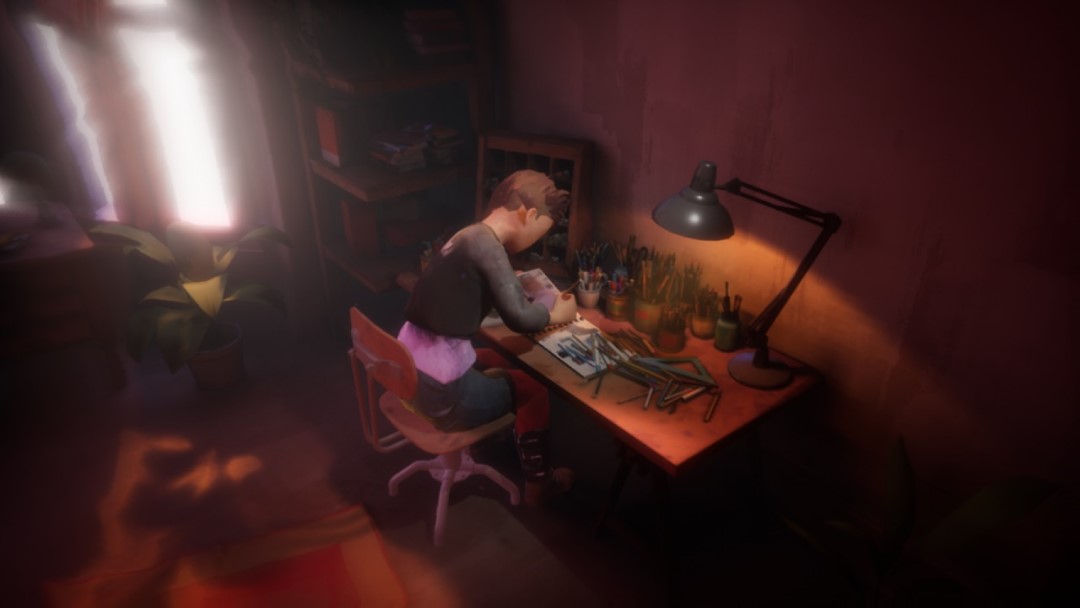
Can Never Go Home Again
You play as Cassidy, a young woman that is going through a lot. In addition to some estrangement with her family and some undisclosed tragedy, she has moved from her small town of Back Hill to the city of Redhaven. Overwhelmed by her new surroundings and the challenges of meeting new people, she finds solace in retreating to dreams of her old home and fighting her own personal demons while there.
If you can imagine Jungian pop psychology through the cultural lens of a late Millennial or Zoomer, then you have a pretty good idea of what you're in for with Dreamscaper. The roguelike runs play out every single time Cassidy goes to sleep. Her dreams are the dungeon maps, which are randomly generated from a set number of rooms. You explore each room, fighting monsters with a mix of melee and ranged weapons as well as special lucid attacks. All of this ends in an overtly symbolic boss fight. If you beat it, you go to the next level. If you die, Cassidy wakes up. All of it is presented in a heightened art direction with an expressive pastel color palette; a lo-fi indie alternative to Persona 4.
The second half of Dreamscaper comes from managing Cassidy's daytime activities. Like most roguelikes, there are permanent currencies that carry over from each dungeon run that you can spend on additional boosts and bonuses. These range from meditating in a park to get incremental bonuses to attack damage or improved drop rates, to unlocking brand new weapons for the loot pool.
The most involved of these activities is a relationship system where you can talk to various characters at certain parts of the city and get to know them. There's even a gift exchange system where if you craft and give them something that they will like, their relationship grows even more. Once your relationship hits a certain level, you'll unlock additional bonuses for your dream runs as well as a cutscene of them opening up to Cassidy about their wants and desires.
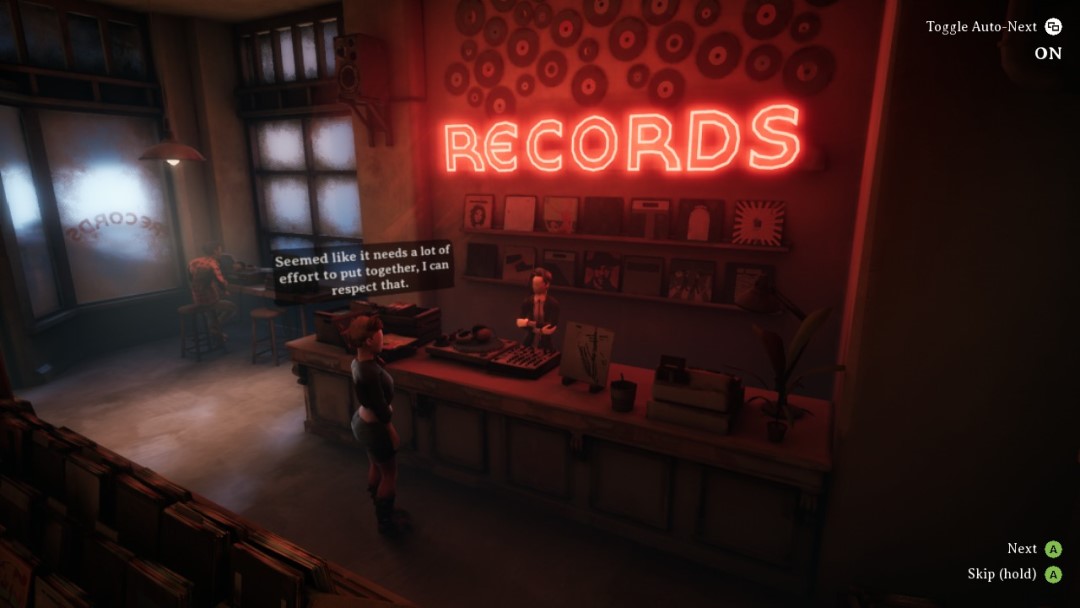
It was during these sequences that Dreamscaper really clicked for me. This is mostly thanks to how well-written and observed these scenes are. Not only do the characters come from very different walks of life, but they help frame Cassidy's lucid dives into her subconscious not as self-destructive but a healthy coping mechanism. Talking to a record store owner about her love of math rock or an older gentlemen's self-consciousness about his focus on dry subjects like architecture and language do a great job of making Redhaven feel more welcoming to Cassidy as she acclimates to her new home. Coupled with the gift crafting mechanic, it also shows her wanting to make new connections in a mindful manner.
This is important considering the framing around the dream runs themselves. Cassidy is unapologetically a nerd, and with it comes an understanding of video game and fantasy tropes. But rather than just leave it at weapons and abilities that superficially reference classic games (although those are present), Dreamscaper goes a bit further. The best example I can give is the very tutorial for the game is framed as Cassidy playing a roguelike videogame, which looks very similar to how she dreams. Speaking as someone who has actually dreamt in video game assets before, this association made perfect sense. This isn't a retreat into toxic nostalgia, it is just an unconventional means of coping with change.
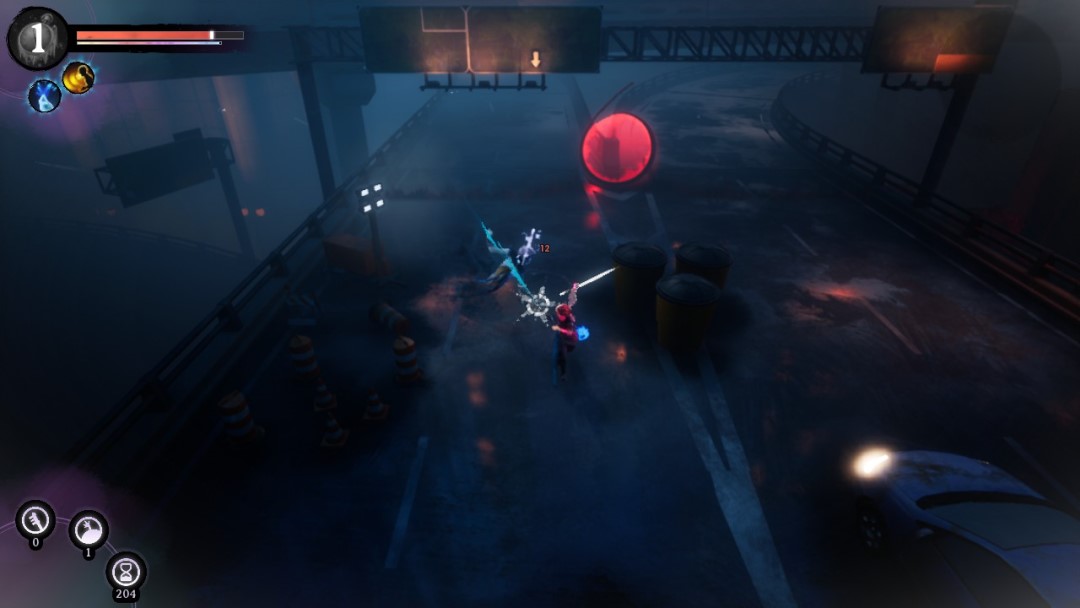
Cut Through The Nightmares
If it seems like my focus has been more on Dreamscaper's thematic elements than the core gameplay, that is a testament to its quality more than an oversight. The game has been in Early Access for a while, and the developers have done a great job listening to feedback and refining their gameplay to a fine point. Just about every single quality-of-life feature and mechanic you've come to expect from the genre is present. These include checkpoints between boss fights, the ability to dismantle or upgrade weapons, and even a system where you can adjust the game's difficulty in both novel and specific ways.
The enemy and level design is solid across the board as well. They range from harmless slimes to giant bull-like ogres with clubs, all with their own distinct combat patterns and weaknesses. While the levels re-use various background and vignettes, it helps represent the ethereal nature of Cassidy's mind, of not wanting to leave areas strongly tied with comfort and familiarity, but stays engaging thanks to additional changes like hidden rooms or special challenges. As for the bosses, while they have very on the nose names like Fear or Regret, their designs are suitably surreal and off-putting like a flying mass of tentacles in a wizard hat or a living clockwork figure with flaming swords for hands.
There is even a novel elemental system that feels like something out of an immersive sim. Various weapons and abilities can inflict different kinds of elemental damage like fire, ice, lightning, or wet. But overlapping different elemental effects can lead to combined effects. Some are quite obvious like hitting an enemy with wet then electric leads to greater damage, but there are a few unexpected combos as well like combining wet and fire damage to release clouds of healing steam.
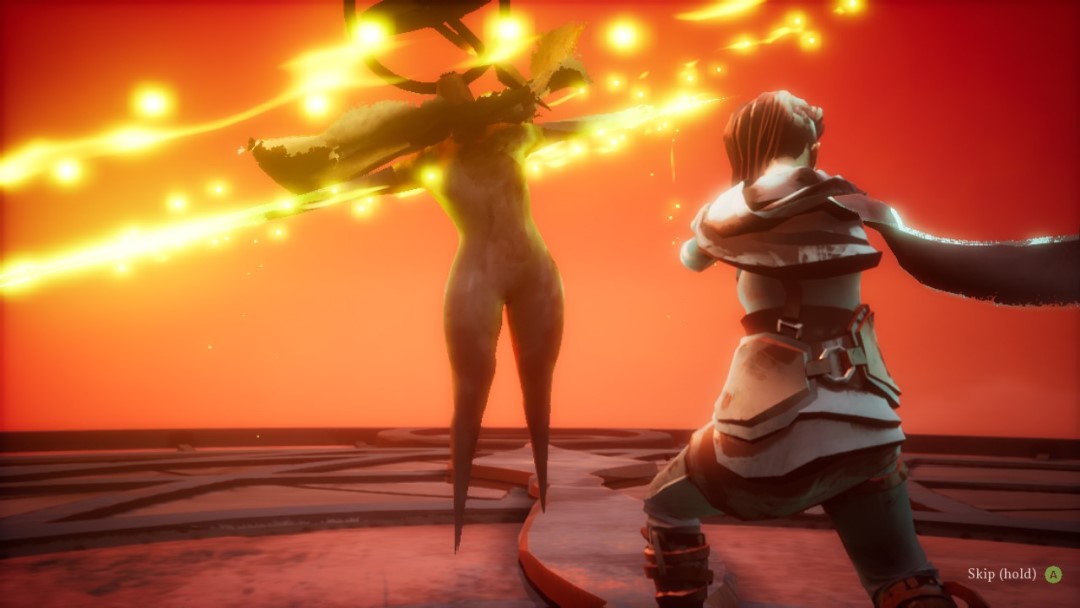
The combat itself is a great mix of hack-and-slash fun. There's a Devil May Cry style combo system where hitting the attack button at certain pauses in your strikes open up different combo chains. There's a reliable and rewarding dodge roll and parry mechanic where you can reflect projectiles and stun enemies. Even the weapon variety is impressive as it goes from the mundane like yo-yos and supersoakers to the more exotic like telekinesis and earthbending.
If there is a problem I have with the combat, it mostly comes down to feedback. Whenever a hit connected, it felt muted and hollow. Not helping this are the attack animations that make Cassidy look like she's moving through water. Arguably the worst offender in lacking juice are the bombs, which in raw terms are devastating and powerful but look and sound like a bell ringing through shrink wrap. I get the impression this was a stylistic choice, a way to express that detached nature of it all being a dream. While this is a delightful and coherent design and fits the overall tone of the game, it still sends me mixed messages as a player when I'm expecting more overt audiovisual feedback to my actions.
Dreamscaper | Final Thoughts
Dreamscaper manages to mesh the structure of a roguelike with the sharp writing of a slow boil character drama. While there are a few quirks to the combat, the mix of social elements and persistent themes of self-actualization and moving on with change come off aces. If you enjoy modern roguelikes but wish there was a bit more character and personality going on with the main cast, this is one to look into hands down.
TechRaptor reviewed Dreamscaper on PC with a code provided by the publisher. It is also available on Nintendo Switch.
Review Summary
Pros
- Polished, Feature Rich Roguelike Gameplay
- Sharp, Insightful Character Writing
- Solid Surreal Visuals and Art Direction
Cons
- Combat Lacks Weighty Feedback
Have a tip, or want to point out something we missed? Leave a Comment or e-mail us at tips@techraptor.net
